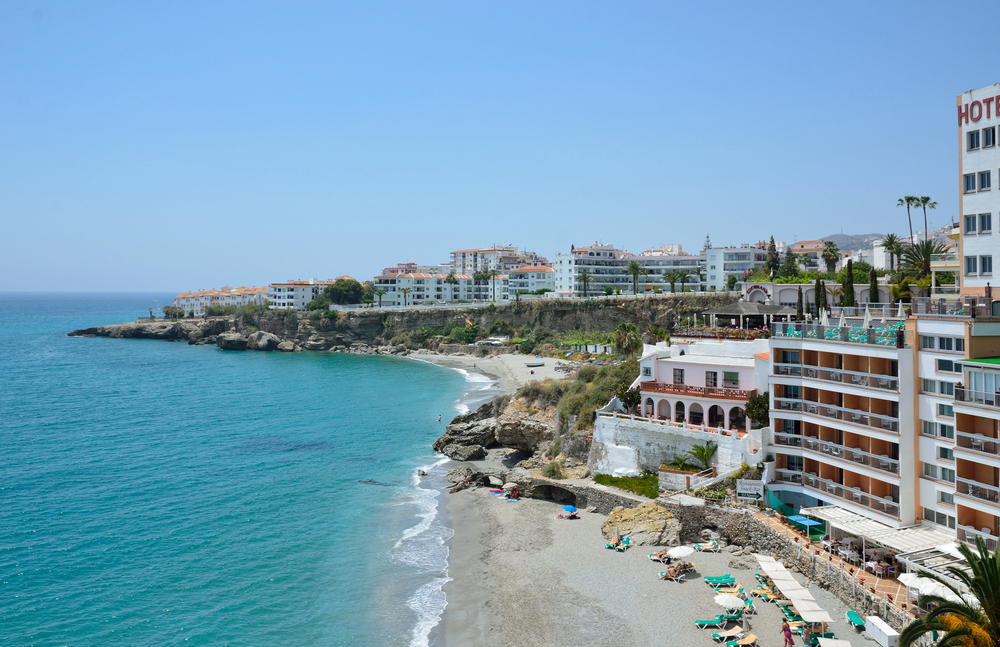Dutch asked to report shady doings on Spain’s Costa del Crime

Crime hotline Meld Misdaad Anoniem has launched a designated international phone link for people living on Spain’s Costa del Sol who have information about possible drug-related activities by Dutch criminals.
Some 10,000 Dutch people have made the Costa del Sol their home and many more stay there during the winter.
Dutch police are hoping Dutch locals will contact them with information about unusual cash transactions, for instance at notaries, real estate agents, car hire companies, builders and the hospitality sector.
“Information about suspect meetings, car registration numbers or certain locations can be the missing pieces of the puzzle,” police chief Hanneke Ekelmans said.
The best way would be to contact Spanish police directly, Ekelmans said, but a lack of Spanish may put people off. Any information given via the new number will be relayed to the Spanish authorities. “We see that crime is getting more international. That is why we think it’s important we get info from abroad. Spain is a good starting point,” she said.
The Costa del Sol, also dubbed the Costa del Crime, has long been a haven for international criminals, including from the Netherlands. In the 1970s, Heineken abductor Cor van Hout had a villa there. The Hague drugs lynchpin “Bolle Jos”, who is currently thought to be hiding out in Sierra Leone, also owned a luxury apartment on the coast.
The geographical position of the south coast of Spain has become a logistical hub for drug smugglers, with marijuana coming in from nearby Morocco and cocaine from South America.
Local police are hard put to compete with the highly sophisticated speedboats used by the smugglers. In Barbate, on the Cádiz coast, two members of the Guardia Civil recently died when a speedboat rammed theirs during a police operation.
In Fuengirola, two Scottish gangsters thought to be involved in drug smuggling were shot in a bar earlier this week.
“The fact that the Costa del Sol is a popular meeting place for gangsters is hurting the Spanish and Dutch local communities,” Marc Janssen of Meld Misdaad Anoniem said. “Think of unfair competition affecting entrepreneurs, damage to the image of the area and safety concerns, because these people are known to use excessive violence,” he said.
The public prosecution office thinks hundreds of Dutch criminals are active in the area, based on intercepted messages. A recent investigation into bank help desk fraud uncovered a gang’s headquarters in a hired villa in Marbella.
Many Dutch criminals are also thought to be investing in Spanish real estate. The Netherlands has seized some 150 real estate objects in Spain, varying from small apartments to luxury villas worth millions of euros. Proceeds from the sale of the houses are shared between the two countries.
Whether the new tip line will be a success remains to be seen, Ekelmans said. “It’s the first time we have done this in a foreign country.”
Thank you for donating to DutchNews.nl.
We could not provide the Dutch News service, and keep it free of charge, without the generous support of our readers. Your donations allow us to report on issues you tell us matter, and provide you with a summary of the most important Dutch news each day.
Make a donation